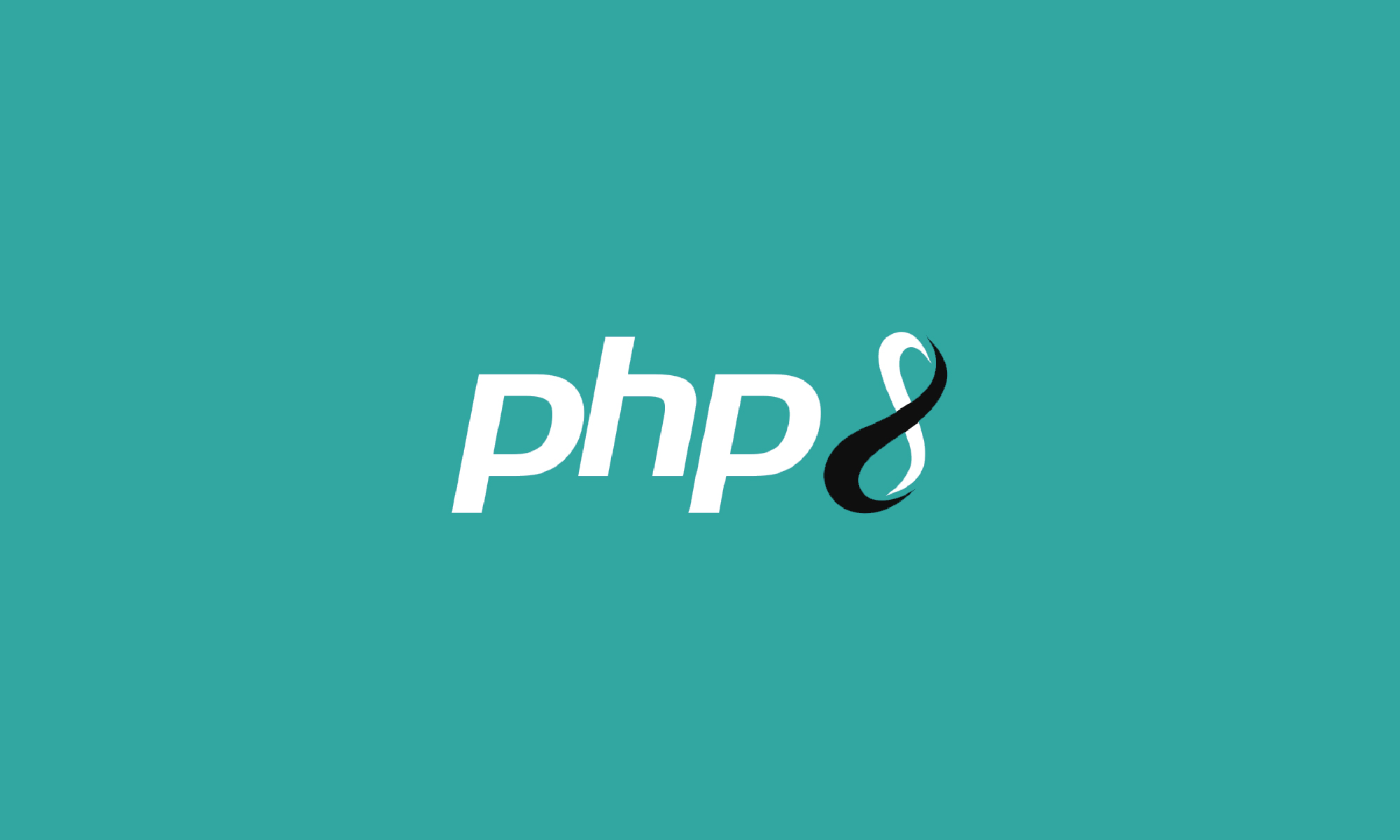PHP 7.4 is Coming to an End of Life: What Does it Mean for your Website?
It’s finally happening — PHP.net is ending support for PHP 7.4 on November 28, 2022. So, what is the next step? Upgrading to the newest version: PHP 8! This blog post explains why you need this upgrade as a part of your drupal system requirements.

Erratum
In the original blog post published on July 8, 2022, you were notified that PHP 7.4 would be retired in favor of PHP 8.0 on Monday, 3 October 2022, however this is no longer the case. In light of the ongoing discoveries surrounding compatibility between different Drupal versions and PHP 8.0, Acquia has made the decision to not force upgrade any customers from PHP 7.4 to PHP 8.0. Acquia Cloud Platform applications will now have continued access to PHP 7.4 until 2 October 2023. This decision was made to ensure that customers do not face unexpected downtime or outages. This is part of Acquia's efforts to ensure that their products and services remain secure, reliable, and scalable.
Source: https://acquia-customer-communications.mautic.net/email/view/632a274b9b755670944424
With the date coming up quickly, that means it’s time to upgrade or figure out what you’re going to do next. We know what you’re thinking — another upgrade to add to your to-do list. Don’t worry. We’re here to help!
Drupal System Requirement: Upgrade to PHP 8
Upgrading to PHP 8.0 will improve performance and security, not to mention getting rid of frequent annoying bugs with some bug fixes. Doing this upgrade ASAP is crucial to keep your site functioning how it’s supposed to — and it’ll work even better after the update. PHP 8.0 is pretty major, from adding new features to improving how future updates will look and continually improving performance and security. On top of easier coding methods and structure, faster performance, and user interface updates, it all adds up to an update you don’t want to fall behind on!
Drupal Compatibility with PHP
For Who Uses Drupal 9.2 or Higher
PHP 8.0 is fully compatible with Drupal 9.2 or higher, so if you’re currently running on Drupal 9.2 or higher, you’ve got nothing to worry about (however, you must still ensure the compatibility of the rest of your project codebase: contributed and custom modules, your site's theme etc). But there are some compatibility issues with Drupal 8.x and 9.x. For lower versions, you may find you have some compatibility but not with the specific core modules you need. This might require upgrading to a newer Drupal version for PHP 8.0 to work correctly (check whether your current Drupal version is compatible here!).
For Who Uses Drupal 8 or Drupal 9
Because of the incompatibility issues with Drupal 8.x and 9.x, Acquia will offer extended long-term support for PHP 7.4 for Cloud Platform Enterprise, Acquia Site Factory applications, and Cloud Platform Professional applications at an additional cost. So, if you’re running a Drupal version that’s not fully compatible, don’t start sweating yet! Acquia’s extended support ensures you can either transition to a compatible Drupal version or to PHP 8.0. If you want to upgrade to a newer version of Drupal, we offer Drupal support services and have some tips on simplifying your Drupal migration process.
If you’re currently using Drupal 9.2 or higher, and you've ensured PHP 8.0 compatibility throughout your codebase, you can perform the upgrade any time before October 3, 2022. After that date, Acquia will begin automatically upgrading those who haven’t, unless you’ve purchased the Acquia support extension for PHP 7.4.
Symetris Drupal Experts are Here to Help You!
Ready to move into the future and enjoy all the coding, performance, and security updates that PHP 8.0 has in store? You can check out Acquia’s step-by-step instruction article or help on how to do the upgrade yourself. Their guides will walk you through the process from start to finish, helping you with known potential issues and “what-ifs” that might arise. But if you’re someone who doesn’t enjoy doing updates (and who does?), we’re here to make that transition a little easier for you as a Drupal-certified agency and Acquia partner.
But if you’re someone who doesn’t enjoy doing updates (and who does?), we’re here to make that transition a little easier for you as a Drupal-certified agency and Acquia partner Contact us today to get started!